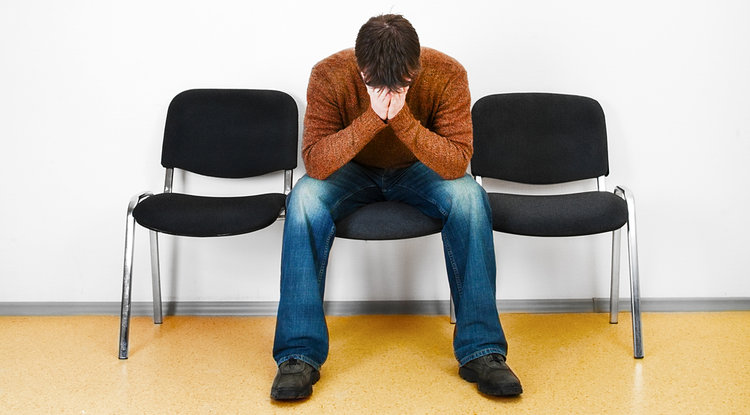Does disabilities law prohibit mental health bias in bar admissions? Law grad seeks cert

Image from Shutterstock.com.
A law grad undergoing mental health treatment is asking the U.S. Supreme Court to consider whether Illinois officials discriminated against him under the Americans with Disabilities Act when they refused to admit him to the bar.
The law grad, Thomas Skelton, is asking the Supreme Court to decide whether the ADA applies in state bar admissions cases and the extent to which a bar applicant’s disability and need for accommodations may be considered in bar admissions decisions.
The cert petition is here. The case is Skelton v. Illinois Supreme Court. Law360 had coverage of the cert petition.
Skelton, a June 2017 graduate of the John Marshall Law School at the University of Illinois at Chicago, had experienced depression in college that required five days of inpatient treatment in 2009. In law school, he found the experience stressful and began to perceive that he was being persecuted, and that others were inappropriately accessing information related to him.
When dealing with his feelings, Skelton would generally leave the law school campus to avoid any outburst, the cert petition says. But there were four disturbances in 2015 and 2016 that were brought to the law school’s attention. In one instance, he was heard yelling at himself throughout the day. In a second, he yelled profanity at an administrator. In two other instances, he was loud and swearing in the library.
In 2017 and 2018, Skelton began having delusional thoughts about the review of his application for bar admission. He sent 40 emails to a member of the Committee on Character and Fitness reviewing his case and to staff of the Illinois Board of Admissions to the Bar. The emails suggested that the system was biased against him, and that the email recipients lacked integrity.
Skelton began taking the anti-psychotic medication Seroquel in 2018 during therapy. He was diagnosed with delusional disorder, which involves paranoid thoughts, disturbed feelings, fears and disturbed behaviors. He has not acted out since then and is embarrassed and remorseful for the emails, the cert petition says.
Two of his psychiatrists testified at hearings before an inquiry panel and a review panel that Skelton would be able to practice law. His supervisor at work, where he was a Freedom of Information Act officer for the City of Chicago Department of Law, also supported his admission to the bar.
A majority of the review panel refused to certify Skelton for admission, citing his mental health history and diagnosis. The Illinois Supreme Court denied relief to Skelton in a “three-sentence order,” the petition says.
The cert petition argues that Skelton met the essential requirements for bar admission, and any risk of relapse didn’t negate those requirements.
Instead, the risk of relapse entitled Skelton to conditional admission based on continued treatment for a set time period, to be supervised by the Illinois Attorney Registration & Disciplinary Commission, the cert petition argues.
“The majority’s decision disparately impacts not just Mr. Skelton himself, but disabled people generally,” the cert petition says. “Mr. Skelton candidly provided evidence and responsive information to the hearing panel at every turn, even discussing and allowing his treatment providers to discuss the most intimate details of his counseling sessions. That evidence was then used to further stigmatize Mr. Skelton. To encounter that stigma in this kind of proceeding is discouraging to those who would seek to obtain professional help in an effort to demonstrate competency and fitness.”
Skelton is represented pro bono by lawyers from Holland & Knight, as well as Robinson, Stewart, Montgomery & Doppke.



